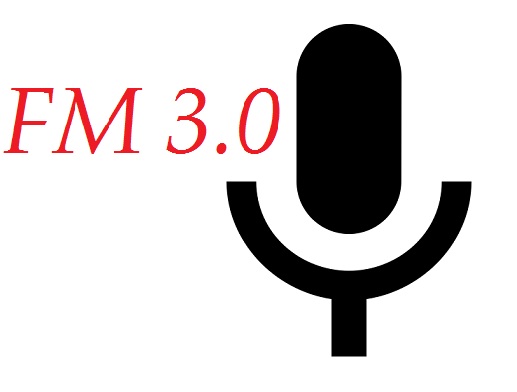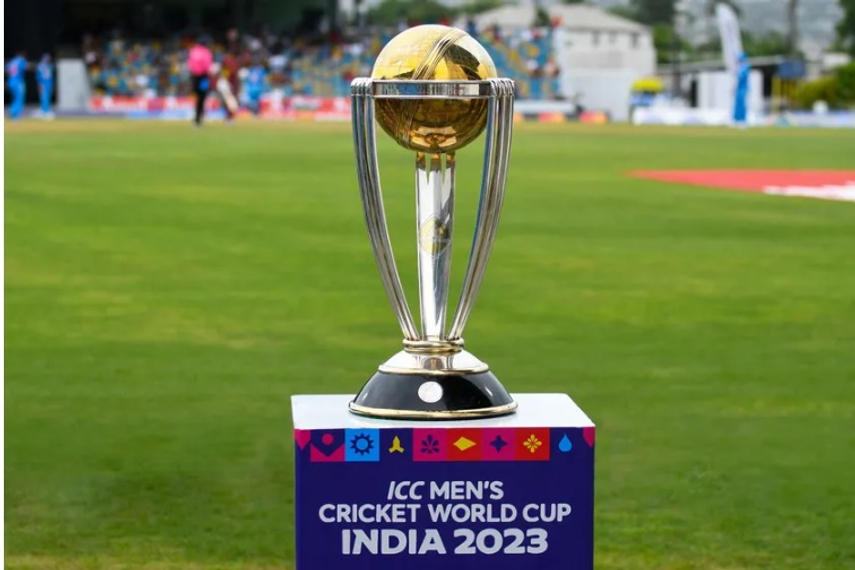The e-auction of first batch of private FM radio phase III for 135 frequencies across 69 cities culminated with the ministry of information and broadcasting declaring the results on 16 September. Even as 38 frequencies remained unsold at the end of the auction, it only means growth for the radio industry. The government earned close to Rs 3,000 crores from the process, which also included migration fee from the stations that chose to move from phase II to III. FM Phase II, introduced in 2005, saw 243 FM channels becoming operational in 86 cities.
The migrating stations will enjoy the license for 15 years as against 10 years in phase II. Total FDI/FII allowed in new regime is 26 per cent as compared to 20 per cent in phase II. An operator in phase III regime may own up to 40 per cent of channels in the same city subject to three different operators being in the city, whereas earlier policy provided for only one channel per operator per city.
Other criteria include that no entity shall hold permission for more than 15 per cent of all channels allotted in the country, excluding channels located in Jammu and Kashmir, North Eastern States and island territories.
FM phase one was launched in 1999-2000, after which 21 private FM channels became operational in 12 cities.
In the new system, the radio station will be permitted to network its channels within the country. However, it has to be be ensured that at least 20 per cent of the total broadcast in a day is in the local language of that city, and promotes local content.
So what does this mean for advertisers?
Ashish Pherwani, partner, advisory services, Ernst and Young, said, "Radio can now provide advertisers a much wider bouquet of channels in some States, and can become a viable alternative to the print advertising industry. This will enable more and larger ad campaigns on radio, and the industry could grow by around 20 to 25 per cent within a year of operationalising the new frequencies."
Pherwani, said, "Bidding was conducted in an environment of scarcity, which led to some extremely high values for cities like Mumbai, Delhi and Bengaluru. As I understand it, these license costs would be much higher than the ability of such stations to generate revenues on a standalone basis, and hence, the need for some price increase as well as some intelligent packaging and bundling will be critical for profitability."
Harshad Jain, CEO, Fever FM, opined that these auctions will stimulate competitive intensity. He said, “We are happy with the way the FM phase III e-auctions went. The prices were market determined and totally dependent on demand-supply economics. The process was transparent and fair. Every investor had their own value expectations and those who bought the licenses believe in their capabilities to get good returns on their investments.”
Beyond advertising
Calling the e-auction a success in parts, Smita Jha, executive director and leader – entertainment and media practice, PwC India, said, “It was successful for two reasons: government winning because of high reserve prices, and smooth operation. However, it was not so successful because 20 per cent of the cities and 30 per cent of radio stations were not bid for. What is more concerning is that these were not bid for from the very beginning of the e-auction.”
This, according to her, implies that that methodology to calculate the reserve prices wasn’t done properly. “Same method to calculate reserve prices cannot be applied to biggest metros and smallest of cities,” she contended.
HT Media, which runs Fever FM in Delhi, Mumbai, Kolkata, Bengaluru and Chennai, bagged the single station in Delhi (for Rs 169.16 crores), Mumbai (122.8 cr). It also bagged stations in Hyderabad (18 cr), Kanpur (8 cr), Lucknow (14 cr), Agra (2.56 cr), Allahabad (4.08 cr), Aligarh (31 cr), Bariely (52.59 cr) and Gorkhpur (31 cr).
Entertainment Network India (ENIL), which runs Radio Mirchi, will expand its network to 43 cities from the 32 where it is present. It won licence to operate in Ahmedabad ( 42.68 crores), besides two frequencies in Hyderabad for Rs 18 crore each. It also won a station each in Jaipur (28.34 cr), Kanpur (8 cr), Lucknow (14 cr), Nagpur (7.76 cr), Pune (42 cr) , Surat (3.6 cr), Cochin (15 cr), Chandigarh (19 cr), Guwahati (4.11 cr), Jammu(1 cr), Kozhikode (7 cr), Srinagar (61.2 lakhs), and Shillong (69.15 lakhs).
ENIL’s MD and CEO Prashant Panday was of the view that the auctions were conducted fairly. He, however, pointed out have severe problems with the ‘gaming’ features of the auction methodology.
He detailed, citing the technicalities involved, how the process allowed for some 'non-serious bidders' to stay in the running for longer than they should have been, which kept increasing prices for serious bidders, harming their interests. Panday further contended that adequate spectrum should be provided before auctions are done, as this will help avoid ‘scarcity premium’.
“If there had been just four to five frequencies in Delhi or Mumbai, the bids would not have crossed the 'Reserve Price' (which was the price fetched in the last phase of auctions). We strongly urge the ministry to never repeat this in the future,” he said.
Consolidation with caution
Music Broadcast, which runs Radio City and was recently acquired by Jagran Prakashan, successfully bid for 11 frequencies for Rs 62.5 crore. Apurva Purohit, CEO, Music Broadcast (Radio City), said, "We are pleased to share that we have won 11 frequencies in the markets we were keen on. This increases our footprint across important cities, as we become a 39-station network. Together Radio City and Radio Mantra will be dominant players in important State clusters and continue our successful phase II strategy of concentrating on advertiser-relevant markets."
Digital Radio Broadcasting, which runs Red FM, won frequencies in Mumbai, Srinagar and Jodhpur. Other major radio operators that won licences include Reliance Broadcast Network (RBNL), DB Corp (My FM), Rajasthan Patrika, and Mathrubhumi Printing and Publishing.
Harrish M Bhatia, CEO, My FM said, “I am very happy with the stations we have picked up. We have acquired 14 new markets, which extends our presence to 31 cities. Our focus has always been tier II and III markets. We had a clear business plan which was basis last seven to eight years' business trend and keeping in mind the current market, economic and political situation. We only picked stations which we thought will be profitable and left certain markets the moment we realised the cost has reached a point where it defeated our business logic in the long run. Retail market perception and reality is different: while growth is there in retail market, one has to remain very efficient with clear focus on customer centricity. We aim to break even in three years and be profitable in five years.”




